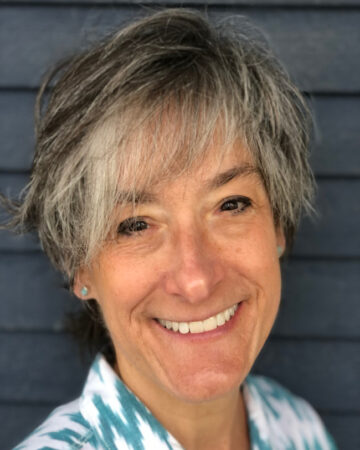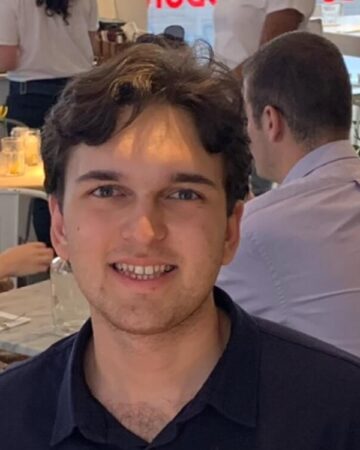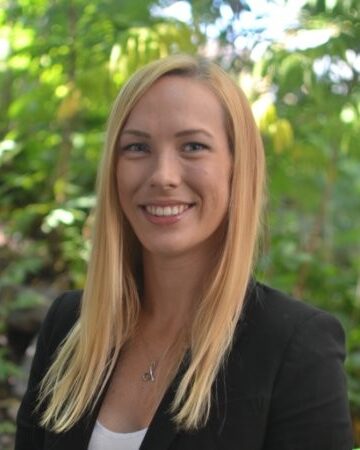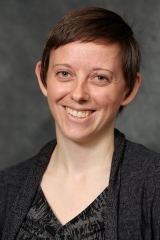Focus on STEM
T6 - Issues in Chemistry Education
June 03, 2024 | 10:30 - 11:45 AM
About this event
This talk includes 3 presentations:
Greening Chemistry Labs
Chemistry labs can be adjusted to be more sustainable using Green Chemistry Principles. For example, a lab that abides by these principles minimizes use and generation of hazardous substances. By incorporating these principles in labs, students are given environmentally friendly alternatives while fostering development as global citizens. The objective of this presentation is to encourage adopting sustainable practices by introducing greener labs that fulfill curriculum requirements, as well as introduce on-line resources and supportive communities.
Presenter: Kim Silkauskas
A Modular and Engaging Approach to the Suzuki Reaction for the Undergraduate Organic Chemistry Laboratory
This project introduces our work on a modular approach to the Suzuki Reaction in undergraduate organic chemistry courses at McGill University, focusing on active participation and collaborative learning to enhance student understanding and engagement. This project, part of a broader effort in our department to integrate active learning strategies into chemistry education, hopes to enrich the learning journey of our students by introducing them to the practical and theoretical aspects of synthetic organic chemistry, with a particular emphasis on carbon-carbon bond formation and green chemistry. Central to our project is the modular design of the experiment, which invites students to explore the scope of Suzuki reactions through a variety of reactants and catalysts. The Suzuki reaction is a Nobel prize-winning reaction that is ubiquitous in pharmaceutical synthesis; its importance and wide substrate scope make it an attractive candidate for a “choose-your-own-adventure” style of experiment. We will present our progress on the development of a general methodology for this reaction which accommodates the use of a range of substrates, catalysts, and conditions, while remaining feasible for the undergraduate level. We hope that this experiment will not only promote a deeper understanding of the subject matter but also encourage students to engage actively in the scientific process. By allowing students to design their own experiments, we aim to foster a sense of ownership and creativity in their learning process. In alignment with SALTISE’s mission, our project underscores the significance of active and collaborative learning in the sciences. We anticipate that our approach will enhance students’ understanding and enthusiasm for chemistry, but we hope that it will also inspire educators to adopt similar strategies. Ultimately, our goal is to cultivate a community of learners equipped with the knowledge, skills, and curiosity to pursue scientific inquiry and innovation. We will present the results we have obtained thus far with respect to the synthetic methodology of our planned experiment and provide an overview of how we plan to incorporate this modular reaction in our laboratory curriculum. We will also discuss our plans to further expand the scope of the reaction.
Presenters: Danielle Vlaho, Mitchell Huot, Alexei Kieran and Gagan Daliaho
It Takes a Village! A Community-driven Approach to Developing Teaching Assistants as Educators
McGill’s Chemistry Education Research group composed of instructors, lab coordinators, educational developers, a librarian, and a graduate student aims to enhance student engagement in learning chemistry. Using consensus mapping methodology to bring together this diversity of perspectives, we identified motivating and training graduate teaching assistants (TAs) as our most promising strategy. During this session, we will discuss the conceptualization of a new multi-year Chemistry TA Program that involves developing pathways to support TAs as educators.
Presenters: Stephen George, Laura Pavelka, Véronique Brulé, Janette Barrington, April Colosimo and Marcy Slapcoff
Presenter(s)

Kim Silkauskas
Collégial international Sainte-Anne, Lachine

Mitchell Huot
McGill University, Montreal

Alexei Kieran
McGill University, Montreal

Gagan Daliaho
McGill University, Montreal

Stephen George
McGill University, Montreal

Véronique Brulé
McGill University, Montreal

Janette Barrington
Concordia University, Montreal

Marcy Slapcoff
McGill University, Montreal

April Colosimo
McGill University, Montreal
Additional information
- Location
- Concordia University, Henry F. Hall Building
- Organizer
- SALTISE
- Language
- English


